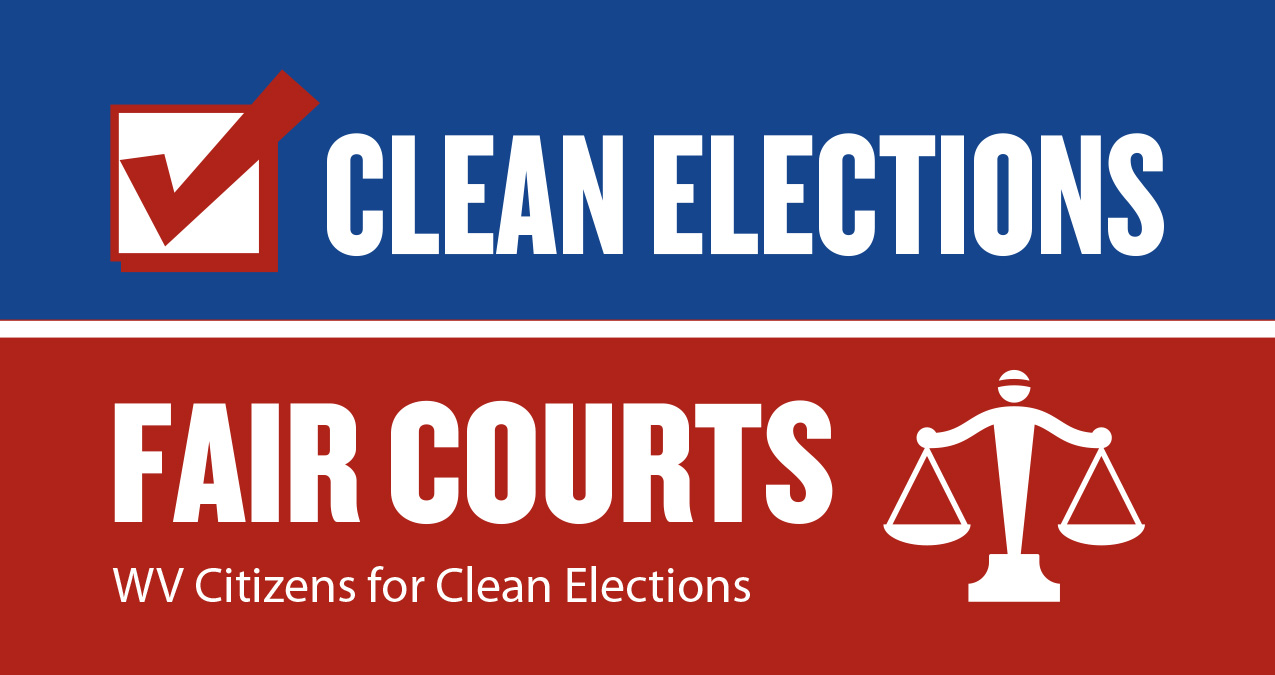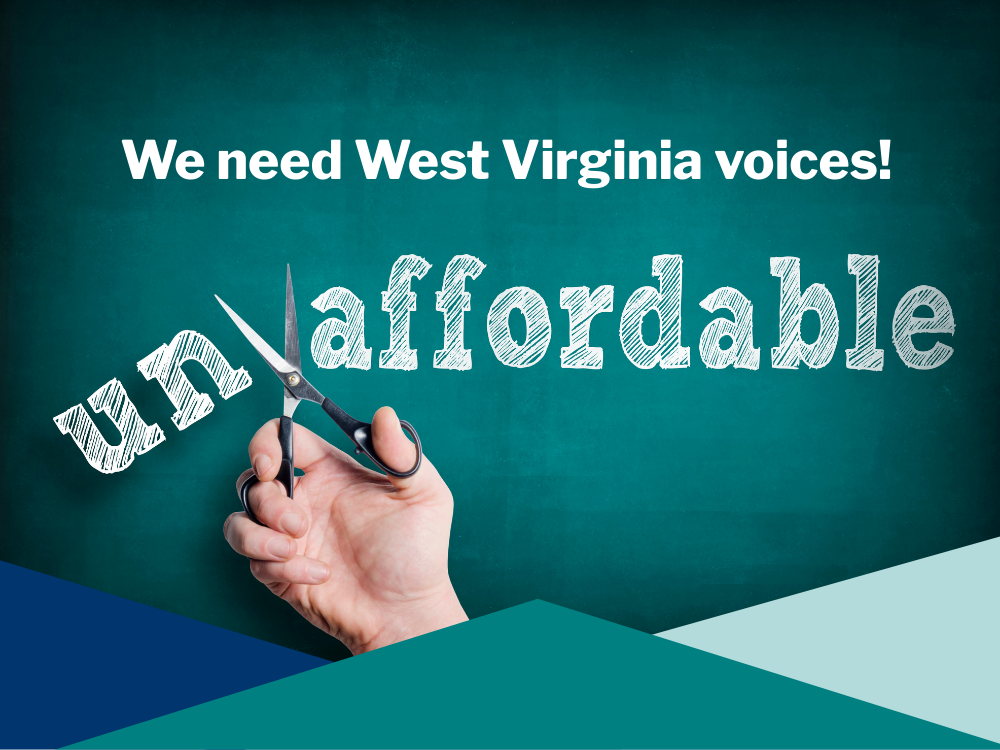- Like
- Digg
- Del
- Tumblr
- VKontakte
- Buffer
- Love This
- Odnoklassniki
- Meneame
- Blogger
- Amazon
- Yahoo Mail
- Gmail
- AOL
- Newsvine
- HackerNews
- Evernote
- MySpace
- Mail.ru
- Viadeo
- Line
- Comments
- Yummly
- SMS
- Viber
- Telegram
- Subscribe
- Skype
- Facebook Messenger
- Kakao
- LiveJournal
- Yammer
- Edgar
- Fintel
- Mix
- Instapaper
- Copy Link
As the legislative session gets underway, we are at a critical juncture that presents both challenges and opportunities in regards to reforms that strengthen our democracy, and protect judicial independence. WVCAG and our partners and allies in the WV Citizens for Clean Elections coalition remain committed to the work to hold our government accountable, increase transparency and accountability in our elections, and further fairness and impartiality in our courts.
We also remain hopeful about the opportunities to capitalize on the record turn out in November to make expanded voting options available during the pandemic, including no excuse absentee voting, permanent and to advance other reforms to further increase participation such as same day registration. However, it remains to be seen whether the new Republican supermajorities in the WV Legislature will embrace their own success in 2020 or instead use dangerous lies and misinformation around the election and baseless allegations of widespread voter fraud to restrict access to voting.
At the WV Press Association’s Legislative Lookahead last week, Senate leaders announced that they plan to introduce nine election bills as part of their broader agenda, which includes massive tax cuts, regulatory and professional licensing rollbacks, and expansion of charter schools, and much more. The Charleston Gazette-Mail reported that no details were provided about the election reform measures, but Republican-controlled legislatures in other states are pursuing measures to limit access to absentee and early voting, impose stricter voter ID requirements, and eliminate voter registration opportunities (including automatic voter registration, which in West Virginia is scheduled to go in effect on July 1), among other voting restrictions.
What is clear at this point, is that many Republicans in the legislature still want to waste millions of dollars on an unnecessary intermediate court of appeals, providing further opportunities to pack the courts with partisan allies and drag out appeals to the advantage of parties with greater financial resources.
Additionally, more than two years after the Supreme Court spending scandal and subsequent impeachments, the legislature remains primed to continue it’s attacks on the judiciary, in part because the legislative leadership holds a grudge against the courts for using their authority to intervene in an impeachment that was unconstitutional and procedurally deficient.
While these attacks have taken the form of constitutional amendments proposed under the guise that the court overstepped its authority, in actuality they are dangerous power grabs by the legislature that would open the door to blatant abuses of power by the legislative branch. To play their proper role in our democracy, courts must be able to rule against governors and legislatures when necessary. When the legislative branch tries to control the judicial branch, it weakens the stability of our democracy. We can’t let that happen.



